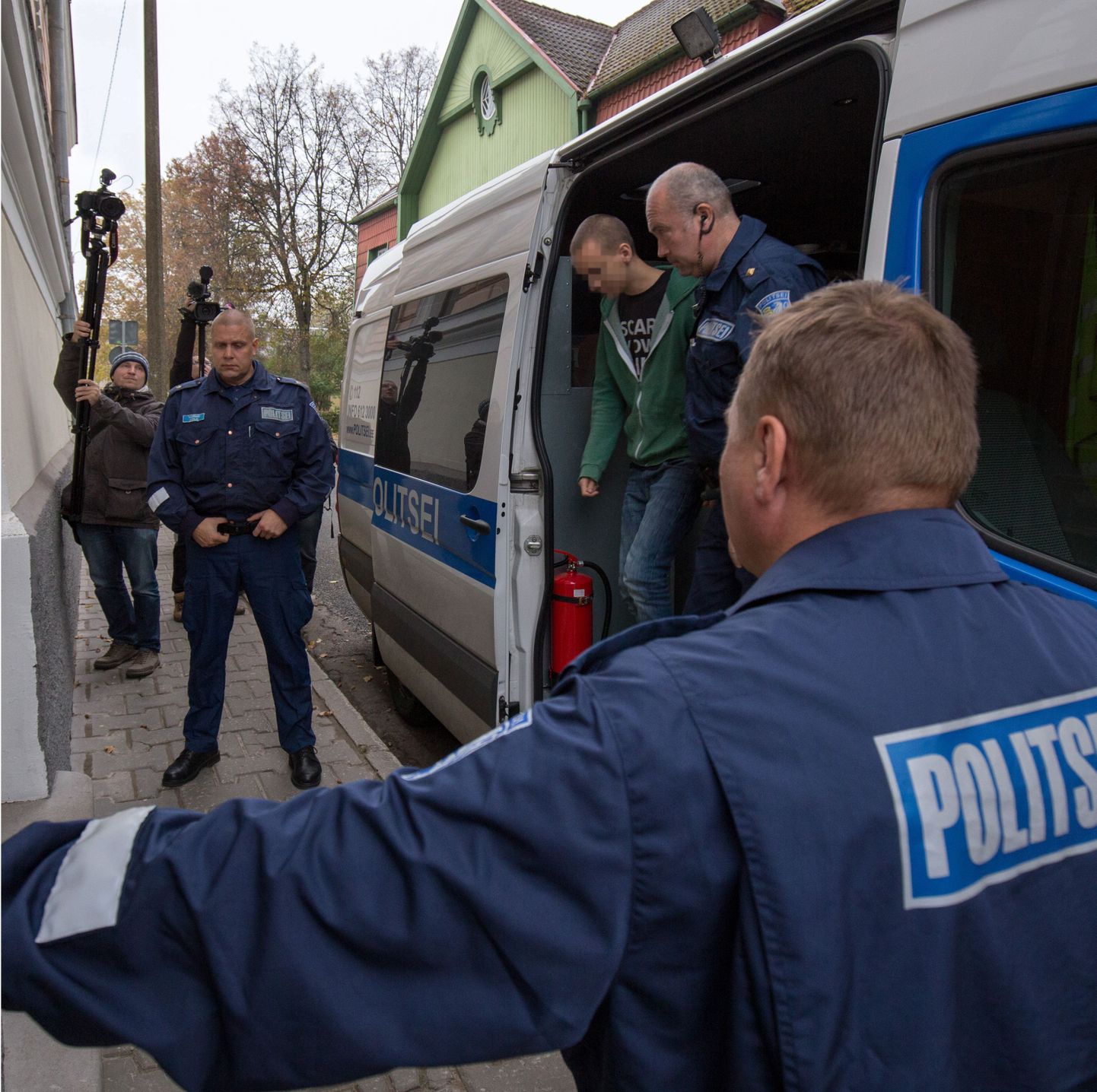The chain of events had started weeks earlier. Vaiko (name altered – ed), described by student evaluations as a quiet and modest student, was not a rule-breaker. While he had a tendency to become irritated quickly and take offense from teacher's remarks when studying at the Paistu School earlier in his youth, these patterns had seemingly disappeared by ninth grade. If there was anything teachers criticized him for, it was low pressure tolerance.
How and why Vaiko's relationship with German teacher Ene Sarap (56) soured, and whether it had at all, is known only to those directly involved.
What is for certain is that the court has found Vaiko did not get the idea to kill the teacher on the day of the incident in a state of affect, but thought of it two weeks earlier, on October 13. A print screen provided by a witness as well as initial Facebook posts pointing to intent were made on that very date.
When detectives opened the browsing history on Vaiko's phone, they found searches of school shootings in Estonia, as well as murders, prisons, punishments, revolvers, and using keyword the «Ottowa terror».
The latter points to an act of terror in Ottawa, Canada five days earlier, in which then 33-year-old Michael Zehaf-Bibeau opened fire near the parliament building, killing a watchman with his hunting rifle. The terrorist was killed in an ensuing firefight with security guards but left behind a video message.

/nginx/o/2016/01/05/4853315t1h2ae9.jpg)
